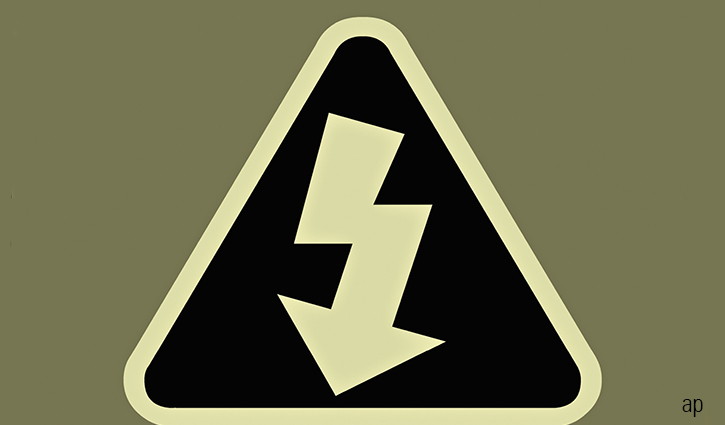
Credit reports are an important aspect of every adult’s finances, but one that many people don’t know a lot about. For that reason, there are a lot of myths around what a credit report contains and how it works – here we try and bust some of those myths and give you some tips on how to improve your credit score.
What is a Credit Score?
Quite simply, it is your financial footprint. It is information about your financial behaviour gathered by an agency and rolled up into a rating. Companies use it to build a picture of your financial position and to determine whether they think you are a good candidate to lend money to.
Where Does the Information Come From?
A whole range of places. Firstly, there are public records such as whether you are registered to vote. A lot of the information in the report will come from your credit accounts, which include utilities bills you pay, your rent or mortgage, and bank accounts, loans and credit cards.
There are also links, which are people or addresses you are tied to. For example, you are linked to your address through your mortgage or rental agreement, and you might be linked to another person through a mortgage or joint bank account.
Finally, there is consumer data. This is where you have added something to your credit report, perhaps a notice of correction where there has been an error, or if you have been a victim of fraud, or an explanation of something unusual. This might be if you went travelling for two years, for example, and had no fixed address for that period – you might put an explanation of this on your record so lenders know there was no spurious reason for you not having an address.
What can Impact my Credit Record Negatively?
Lenders don’t like to see bankruptcies or insolvencies on a credit record, and this will inevitably lower your score, potentially reducing your chance of getting credit. A history of paying bills late or not sticking to credit agreements, from car finance to your mobile phone bill, will also impact on your score.
Lenders also look for signs that you are living beyond your means. Typically, a lender would be concerned if you were using up 90% or more of your credit limit or only making the minimum repayments on your credit cards or loans.
Another red flag is if you make a lot of applications for credit in a short period; if you applied for three credit cards in a single day, for example.
What Can I do to Improve my Credit Score?
The simplest things you can do are to register to vote and pay your bills on time. If you have been at the same address for a relatively long period of time, that is seen as a sign of stability – a credit record can be impacted if you move every few months.
Living within your means is a good way to show you are a responsible borrower, and lenders like to see individuals using only around 30% of their potential credit limit. And while you might think that having no debt would make you seem a good candidate for credit, it’s actually better to have some debt to demonstrate that you can reliably repay it.
What are Some of the Myths Around Credit Scores?
One common myth is that some people are blacklisted and will never get credit – this is not true. While a lower score may mean the options available to you are more limited, there is no black list. It is also not true that some addresses are blacklisted and that previous occupants of your home may affect your credit rating.
Your credit score belongs to you as an individual and you alone. While you may be linked to another person through a financial product, such as a mortgage or bank account, you will still have your own record.
It is also not true to say that a perfect credit score will guarantee you’ll get accepted for any credit. It may make your chances better, but there are no guarantees.
Some people worry that checking their credit score will leave a “footprint” and their score will be reduced as a result. This is not true: you have a right to know what your credit score is and, indeed, it is sensible to check it occasionally in case there is a mistake and you need to add a notice of correction.
It’s worth remembering that you don’t just have a single credit score, either, as different credit agencies have different scales and will prioritise different things. Experian is one of the most widely used credit agencies, operating in 37 countries. It scores people between 0 and 999, with anything between 881 and 960 considered “good”, and between 721 and 880 ranked as “average”.




























